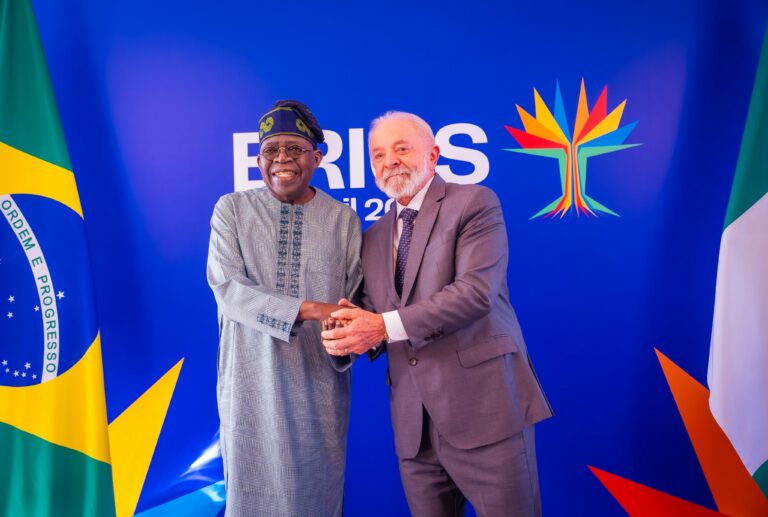Top players in Nigeria’s oil and gas industry have renewed calls for urgent reforms to eliminate the overwhelming regulatory burdens discouraging upstream investment in the country.
During a panel session at the NOG Energy Week in Abuja, industry leaders highlighted the alarming number of fees and levies imposed on operators, which they say are undermining Nigeria’s competitiveness in the global energy market.
While Minister of State for Petroleum Resources (Oil), Senator Heineken Lokpobiri, recently acknowledged that operators face around 273 separate fees and charges, the Acting Managing Director of Neconde Energy Ltd, Engr. Chichi Emenike, revealed that the actual number could be closer to 500.
“You pay one fee today, and another agency shows up with a different levy tomorrow,” Emenike said in a press briefing at the event. “Some of these charges are even in foreign currency it’s exhausting and makes our investment landscape unattractive.”
She stressed that despite positive reforms initiated by the current administration, the excessive financial and regulatory demands are choking growth and scaring off investors. Emenike emphasized that capital inflow will only continue if the operating environment remains profitable and predictable.
“Ease of doing business should mean more than policy slogans. Investors need clarity and fewer bottlenecks,” she added.
On the future of Nigeria’s gas development, Emenike also called for the removal of the price cap on gas supplied to power generation companies, arguing that a market-driven pricing system would stimulate more investment and increase supply reliability.
“Unlike crude oil, gas has lower margins and limited trading options. If we want investors to develop gas fields, pricing must reflect economic realities,” she said.
Despite Nigeria’s 210 trillion cubic feet (TCF) of proven gas reserves, Emenike noted that reserve growth has been stagnant due to the lack of incentives and enabling infrastructure.
She further stressed the urgent need to fix the financial instability in the power sector, which consumes over 60% of the country’s gas. According to her, cost-reflective electricity tariffs and improved liquidity across the gas-to-power value chain are essential to sustaining investor interest.
“If I borrow capital to supply gas, I must be able to recover and repay. That’s basic business logic,” she noted.
Other key industry leaders on the panel echoed similar concerns.
Philip Mshelbila, Managing Director of Nigeria LNG, highlighted evacuation challenges as a major barrier stating that Nigeria’s abundant gas reserves are often stranded due to a lack of infrastructure to move gas from wellheads to liquefaction plants.
Also contributing, Olalekan Ogunleye, Executive VP for Gas, Power & New Energy at NNPC Ltd, emphasized the critical importance of faithfully implementing the Petroleum Industry Act (PIA), which he said holds the key to unlocking the full potential of Nigeria’s gas economy.
With over a decade of operations in OML 42, Neconde has grown production from zero to over 50,000 barrels per day, a testament to the potential that can be unlocked with the right policy environment.
Industry players are urging the government to act swiftly in streamlining regulations, improving infrastructure, and adopting fair pricing mechanisms if Nigeria is to remain a viable destination for energy investments in an increasingly competitive global market.





